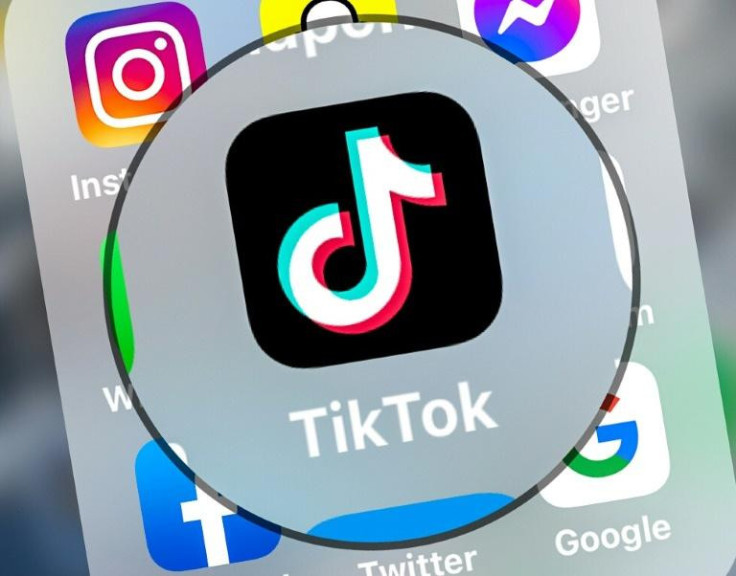Utah passes bill banning people under 18 from using social media without parental consent
The bill comes in the backdrop of several studies and reports claiming that social media platforms have had a negative impact on mental health.

The US state of Utah has passed a law that would require children below 18 to obtain parental permission if they are setting up social media accounts.
On Thursday, Utah Governor Spencer Cox signed the Utah Social Media Regulation Act. The bill intends to regulate social media use with provisions, including a ban on all ads for minors and imposing a curfew between 10:30 p.m. and 6:30 a.m. for anyone under the age of 18.
The bill, which takes effect on March 1, 2024, gives parents and guardians access to all of their children's accounts. It also bars social media platforms from collecting information about the children, per The Guardian.
"We're no longer willing to let social media companies continue to harm the mental health of our youth," Cox, a Republican, wrote in a tweet posted after the bill's passage. It is to be noted that companies are already barred from collecting data on children younger than 13 without their parents' permission under the federal Children's Online Privacy Protection Act.
The bill comes in the backdrop of several studies and reports claiming that social media platforms like TikTok, Instagram, and Facebook have had a negative impact on children and teenagers over the years.
Last year, a new study by researchers in the US found that TikTok is promoting "a toxic diet culture" among teens and young people. The scientists at the University of Vermont analysed the top 100 videos from 10 popular nutrition, food, and weight-related hashtags for their study.
The videos were then divided into different categories, such as the glorification of weight loss, the positioning of food to achieve health and thinness, and the lack of expert voices providing nutrition information.
They found that these videos portrayed an "unrealistic and inaccurate picture of food, nutrition, and health," and glorified weight loss.
They found that these hashtags had more than a billion views when the research began in 2020. And in the last two years, their reach has only increased, per the study published in the journal PLOS One. "Each day, millions of teens and young adults are being fed content on TikTok that paints a very unrealistic and inaccurate picture of food, nutrition, and health," said senior researcher Lizzy Pope.
"Getting stuck in weight loss TikTok can be a really tough environment, especially for the main users of the platform, which are young people," added Pope.
The study found that TikTok trends may lead to eating disorders and body dissatisfaction among teenagers and young adults. It is a first-of-its-kind study that analysed content related to nutrition and body image issues on a social media app.
Another study conducted by the Massachusetts Institute of Technology in 2022 discovered that social media users were associated with a decline in mental health. The researchers analysed the impact of Facebook use on people's mental health.
"In total, the negative effect of Facebook on mental health appeared to be roughly 20% the magnitude of what is experienced by those who lose their job," it read. According to a study by the University of Utah Health, young adults who use social media are three times as likely to suffer from depression.
Similarly, a survey of almost 1,500 teens and young adults in 2017 revealed that Instagram is the worst social media platform for their mental health. The survey was published by the United Kingdom's Royal Society for Public Health and included teenagers from across the country.
"Seeing friends constantly on holiday or enjoying nights out can make young people feel like they are missing out while others enjoy life," read the report. "These feelings can promote a 'compare and despair' attitude," it added.
It acknowledged that social media platforms give young adults a medium for self-expression and highlight the positives of having a social media account, but the negatives outweighed the positives in the survey.
© Copyright IBTimes 2025. All rights reserved.






















